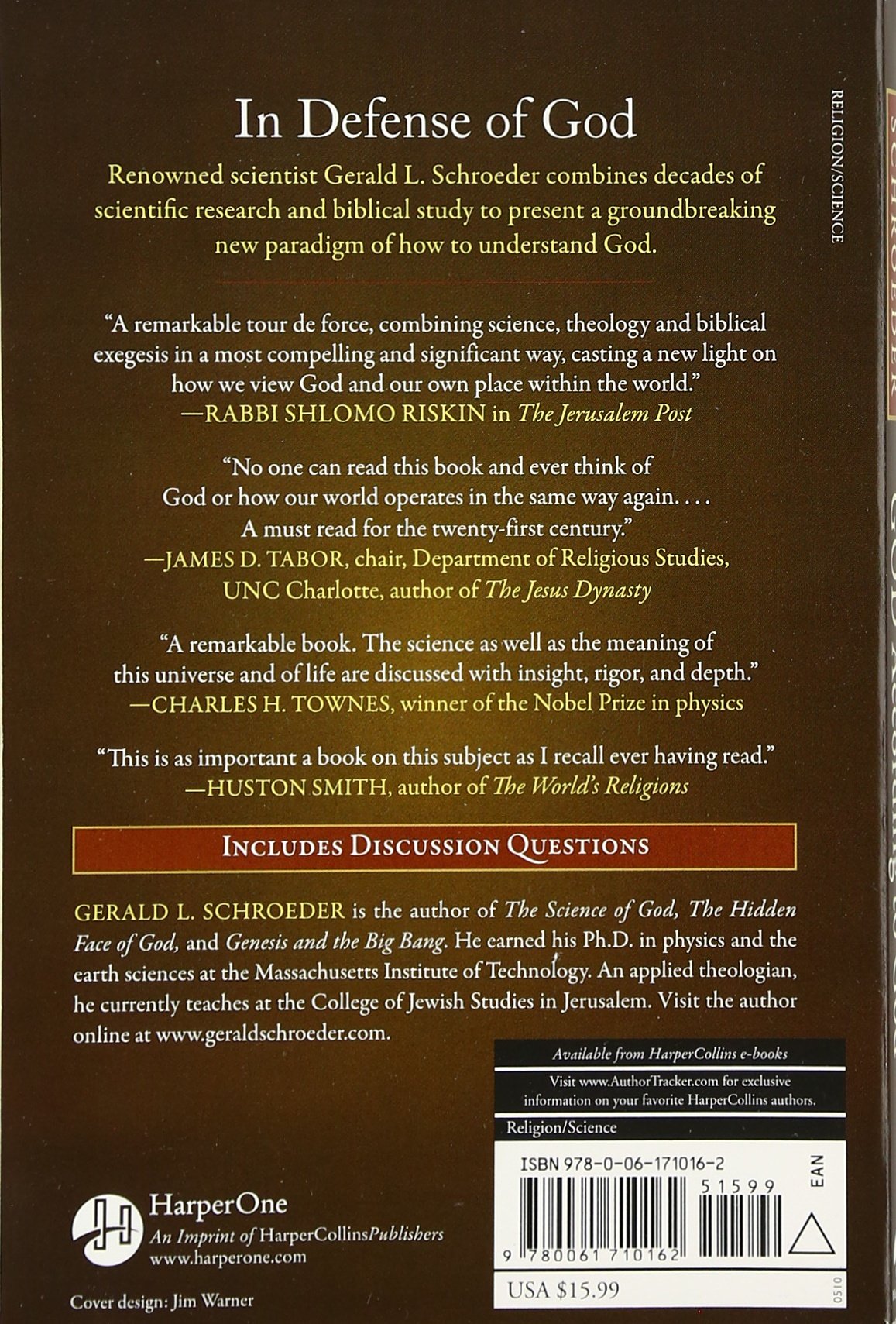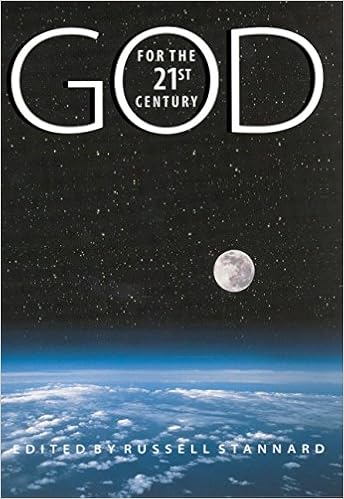Quantum God: A study of Reality and Theology from a 21st Century perspective [e-book]
The secret weapon of science is experiment. God is not a subject to be manipulated but a subject to be met and ultimately to meet in awe and worship. Despite these differences, both science and theology are trading in motivated beliefs, though the motivations have their own different characters. Science looks to empirical evidence and bases its theories on being able to explain that evidence.
The natural question for a scientist to ask either in relation to science itself or in relation to religion is, What makes you think that might be the case? The questioning is open to surprise and the unexpected. A lot of scientific people envision faith as some sort of unquestioning submission to authority. So the first thing I would do if I had lots of scientifically literate people in the congregation is to show them that religious faith is not a question of shutting your eyes and gritting your teeth. It is a search for truth in a different domain. I think if ministers are concerned about these things, they should try to read some of that stuff.
Nobody can know everything. Darwinian theory gets a lot of press in the U. Just take our ability to do science, for example. In light of Darwinian science, theologian Philip Clayton has suggested that God should be thought of not as the cosmic law-giver but perhaps as the one guiding the process of creativity.
It is also very much what I think you might expect the God of love to be like--not to be a chap who pulls every string--and also very much like the God of the Bible. I think you see it implicitly in a great deal of scripture, starting with "God is love. In a different way you see it in the passion of Christ.
This topic is a good example of how scripture plays a role in giving basic accounts of divine disclosure without giving the full interpretive apparatus, which you have to discover for yourself. Of course, there are also scripture passages about the power and authority of God.

That must be part of our understanding of God. My criticism of process theology is that its God is too weak. The timescale and character of theology are quite different. Science is a synchronic subject--that is, what matters is what we know at the present. Scientific knowledge is cumulative. Theology is a much richer, more Complicated subject. First of all, Christian theology has to look back to its foundational events recorded in the New Testament.
Moreover, different generations will see different things. The English mystics of the 14th century had some insights about our relationship to God that we need to learn from. Theology is a diachronic subject. Conversation in theology is always going to involve people like Augustine, Aquinas and Luther, who speak across the centuries.
He is a retired minister in the United Methodist Church. This is an impulse to unite what is divided. Nevertheless, controlling power has dominated the imagination of the church despite its peripheral role in the Bible. How would you approach these issues in a congregation? Influenced by Hindu Advaita philosopher Sankara, Forman has expressed similar ideas:. Fortress Press, ; Traffic in Truth: The result is an amazing weaving together of science and theology in a way that quite simply 'makes sense' to both mind and heart, answering many of our deep inner questionings and wonderings.
A persistent challenge for Christians who interact with modern science is the question of miracles. How have you grappled with that issue? So the problem of miracles is a theological problem.
An interview with John Polkinghorne
God is not condemned never to do anything different, but when God does something different it must be in a consonant, fitting relationship to things God has done before. Therefore I think that the easiest Christian miracle to believe in now is the resurrection of Jesus. Some of the other miracles that you find in scripture--floating ax heads, for example--do sound pretty odd.

Where are these miracles today? That would be to ask for trivial things--for God to write some message in the sky or make a statue made of chocolate materialize in Trafalgar Square. Those would be pointless things and would be theologically perplexing.
Quantum God: A study of Reality and Theology from a 21st Century perspective [ e-book] - Kindle edition by Guy DeWhitney. Download it once and read it on. Quantum God: A study of Reality and Theology from a 21st Century perspective [ e. $ Kindle Edition. Wings of Fancy (Wings of Fancy: Poems of Love, Pain.
And again there does seem to be a question of appropriateness. If you take the scriptural record of things seriously, miracles seem to be--C.
Lewis made this point years ago--associated with what you might call nodal events. The dawning of prophecy in Israel was one such event, as was the life of Jesus Christ and the experience of the very early church.
Post navigation
It seems to me a very respectable argument to say that those were exceptional times, and they called for perhaps more exceptional forms of divine self-disclosure. We still long for miracles of healing, or for God to change world events to ease suffering. Are those not the kinds of miracles we should expect from God?
You must fill out fields marked with: X This site uses cookies. By continuing to browse the site you are agreeing to our use of cookies. I accept this policy Find out more here. Cookies Shopping cart Help About Contact us. Brill Online Books and Journals.
Chapter Summary This chapter first explains a brief critique of the most promising account of divine action based on chaos theory, and sets out in advance the criteria a theory of divine action needs to meet. Sign in via your institution. Register Register now to access more content. I need to refer to this publication frequently. I'll refer my students to this publication.